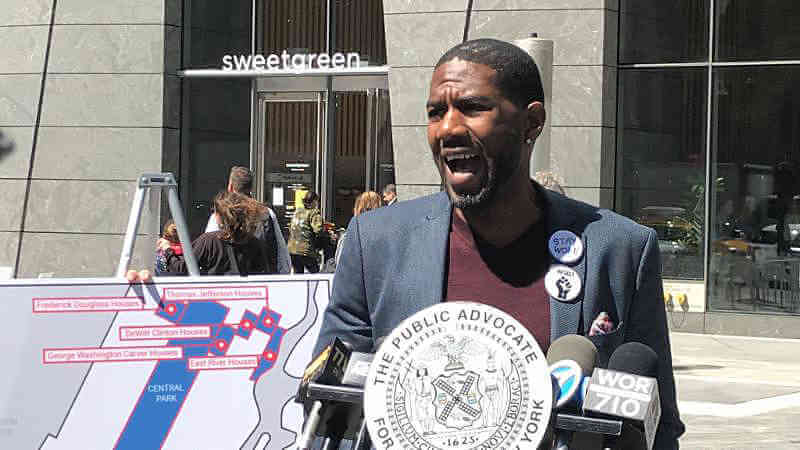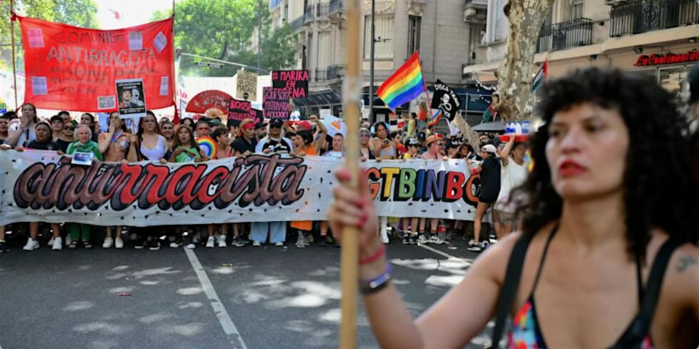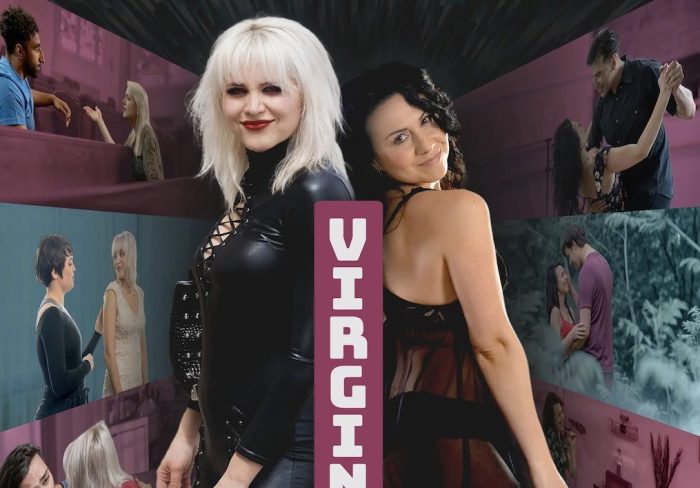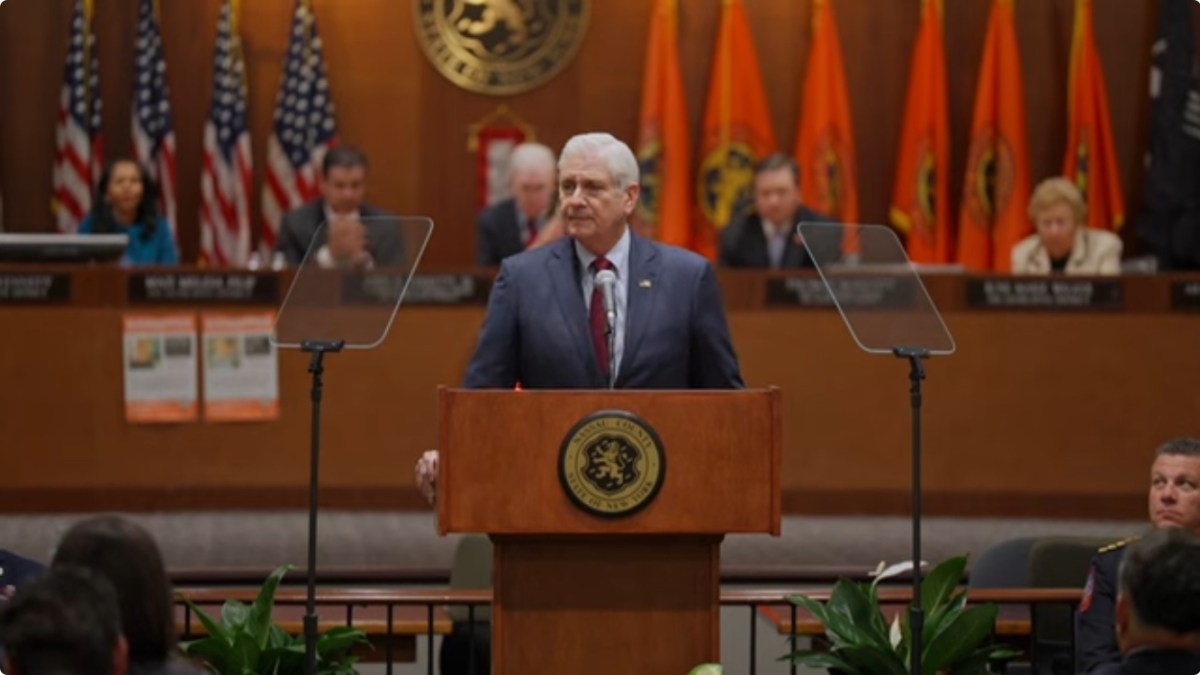New York City Public Advocate Jumaane D. Williams on Tuesday denounce what he characterized as Hudson Yard’s “wealthy-focused business practices,” which includes “many cashless businesses and the unsavory use of the EB-5 program to claim funds intended for economically distressed areas.”
Following a press conference in front of Hudson Yards, Williams, the former representative for the 45th Council District in Brooklyn, sent a letter to the management of the project, discussing his objections and requesting that they be addressed.
As reported in CityLab and elsewhere, Hudson Yards was partially financed through the EB-5 visa program, which allows for the acquisition of visas in exchange for large investment in developing what is deemed an “economically distressed area,” as determined by “targeted employment areas,” or TEAs, with 150 percent the national rate of unemployment.
Hudson Yards was drawn into a map by Empire State Development, which places the neighborhood in the same TEA as several public housing developments in northern Manhattan. This allowed for US$1.2 billion in funding to be invested in luxury location, Williams said.
“By drawing this map, the state let Hudson Yards call itself an ‘economically distressed area’ and collect $1.2 billion off the struggles of people in NYCHA (New York City Housing Authority) housing,” he said. “This is financial gerrymandering.
“What’s more, the same NYCHA residents likely can’t even afford to shop at Hudson Yards, and some can’t even buy lunch there because it’s gone cashless.
“The state is using low income people in order to fund a playground for the wealthy,” Williams charged. “The council needs to pass Council Member Torres’ bill to guarantee all businesses in New York City accept cash.”
The public advocate said that many businesses inside the development, including the grocery store, do not accept cash payment, “which creates a barrier for the 12 percent of New Yorkers who are unbanked and the 25 percent who are underbanked.
“These are like the same people whose neighborhoods were being used to allow financing for Hudson Yards but who would not be able to shop or dine there,” Williams said.
He said VISA recently announced a partnership with Hudson Yards, calling itself a ‘driving force behind the dream of a cashless future for everyone, everywhere.’”
























